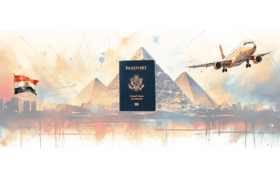Navigating Egypt’s rich history and breathtaking landscapes can be a dream come true for many travelers. However, like any top tourist destination, Egypt has its share of pitfalls, notably the various scams that unsuspecting visitors might encounter. While these scams are by no means a reflection of the majority of Egyptians, who are genuinely warm and hospitable, it’s essential to be informed and prepared. From overpriced goods in bustling bazaars to unsolicited services near iconic landmarks, these scams can sometimes dampen the travel experience. But fear not. With a keen eye and knowledge on your side, these tourist traps are easily avoidable. In this guide, we’ll delve deep into the most common scams in Egypt and provide actionable tips on how to sidestep them, ensuring your journey through this ancient land is nothing short of magical. Whether you’re marveling at the Pyramids of Giza or cruising the Nile, be empowered with the know-how to enjoy Egypt scam-free.
The most common scams in Egypt- according to the tourists:
Camel or Horse Ride Scams
Free” Rides: Some handlers might offer what seems like a “free” or very cheap ride to get you on the camel. Once you’re up, they might take you farther away from your starting point and demand a much higher price for the return trip.
Price Ambiguity: A handler might avoid giving a clear upfront price, making it seem like a great deal. Once the ride ends, they might demand an exorbitant fee, claiming that the price discussed was per minute or another unexpected metric.
Tip Pressure: Even after paying the agreed price, there might be high pressure to give a substantial tip or additional payment for the handler’s assistance or for taking photos.
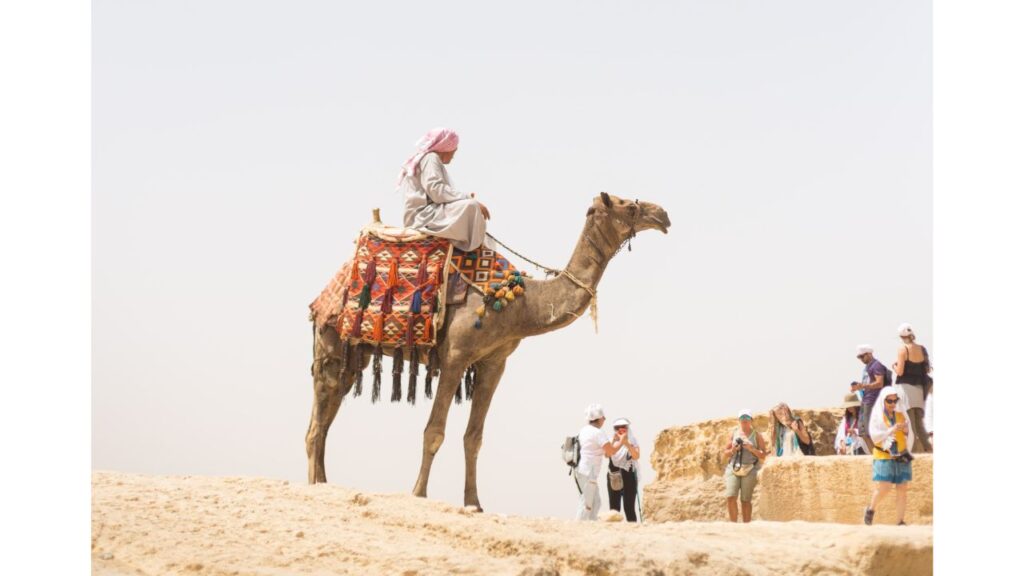
How To avoid these scams:
- Always negotiate and agree upon a clear price before starting the ride.
- Specify the duration of the ride and the route to be taken.
- Be wary of offers that seem too good to be true.
- Consider asking your hotel or trusted locals about the going rate for camel rides to have a benchmark.
Being informed and setting clear expectations upfront will ensure you enjoy the experience without surprises.
The typical price for riding a camel near Pyramids is around $10. And then, after the ride, they will ask for a tip (about $5). You can bargain and give them $1.
Fake Guides in Egypt
In Egypt, especially at prominent tourist sites, “fake guides” can be a concern. Here’s what travelers should know:
Unofficial Approaches: These individuals may approach you, asserting they’re official guides, even showcasing badges. However, these credentials can sometimes be fake or borrowed.
Misleading Information: Some may provide incorrect historical facts or take you to shops where they receive commissions on sales.
Unexpected Fees: They might demand payment after offering a complimentary tour or information.
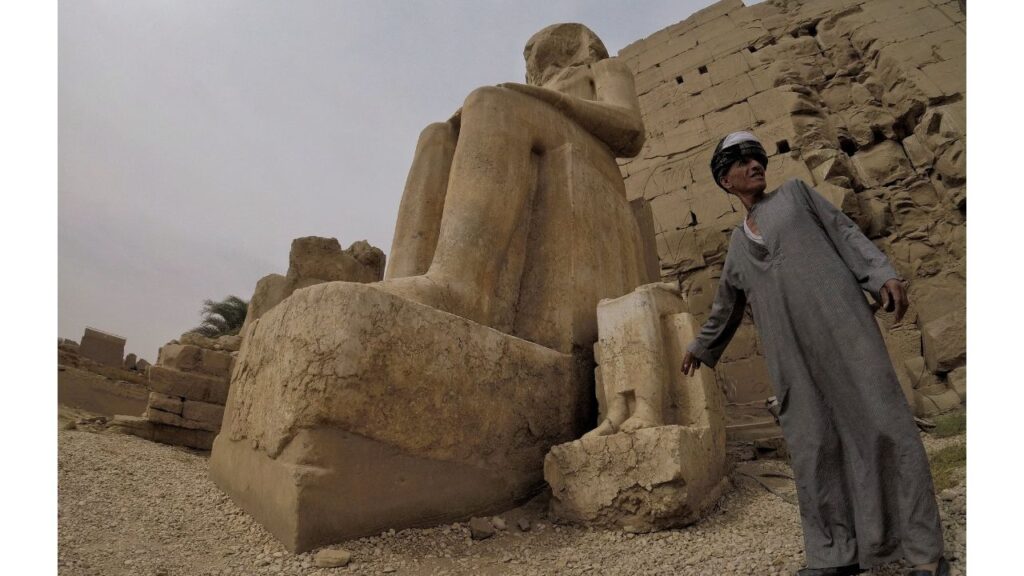
Advice for Travelers
- Only hire guides from reputable sources, such as licensed tour operators or recommendations from your hotel.
- Official guides usually have genuine credentials and are often part of a tour group setup.
- If you’re approached unsolicited, it’s okay to decline and move on politely.
Being cautious and informed can ensure a genuine, enriching experience without falling prey to scams.
Baksheesh (Tip) Culture
While tipping is customary in Egypt, be wary of people who provide unsolicited assistance and then demand a tip or baksheesh.
Tipping, or “baksheesh,” is a deep-rooted practice in Egypt. However, travelers should be aware:
Unsolicited Help: Often, in tourist areas, locals might rush to help you, be it with directions, luggage, or photo opportunities. While it might seem like friendly assistance, they often expect a tip in return.
Pressure Tactics: After providing their “service,” some might be insistent or aggressive in demanding baksheesh.
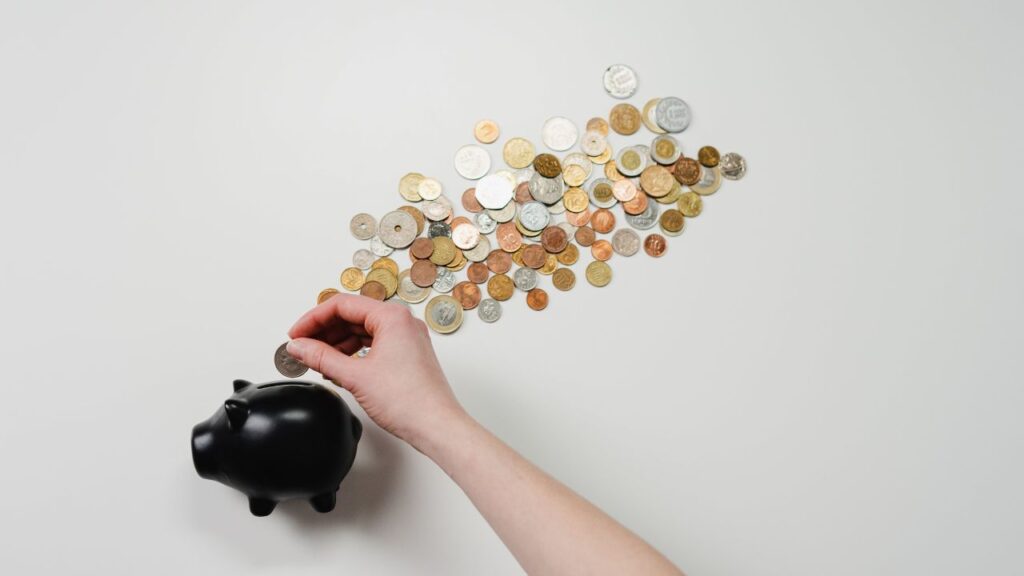
Advice for Travelers:
- Carry small denominations to provide tips if appropriate.
- Politely only accept unsolicited assistance if you’d instead not engage or tip.
- Familiarize yourself with customary tipping amounts for various services to ensure you’re not overpaying.
Awareness of the Baksheesh culture helps travelers navigate situations gracefully and confidently.
Fake Papyrus
Genuine papyrus is pricey, but many imitations are sold as real. If the price seems too good to be true, it probably is.
Egypt is renowned for its ancient papyrus, but with its popularity comes counterfeit products.
Too Cheap? Be Skeptical: Genuine papyrus is not cheap. If a vendor offers it at a surprisingly low price, it’s likely not authentic.
Test: Real papyrus feels cool and has visible horizontal and vertical fibers. Fakes, often made from banana leaves or paper, won’t have this texture.

Purchase Wisely: Consider buying from reputable galleries or shops rather than street vendors for authentic papyrus.
When hunting for this unique souvenir, it’s essential to be discerning to ensure you’re getting the real deal.
Taxi Scams
Always insist on using the meter when taking a taxi. If the driver refuses or claims the meter is broken, negotiate a price before starting your journey or find another cab.
Taxi rides can sometimes present challenges for unwary tourists.
Meter Matters: Always ask the driver to use the meter. If they hesitate or claim it’s broken, be cautious.
Negotiate First: If no meter is used, agree on a fare beforehand. This prevents unexpected charges upon arrival.
Alternative Options: If a driver seems uncooperative or dishonest, don’t hesitate to seek another cab.
Know the Going Rate: Familiarize yourself with approximate taxi rates for common routes, such as from the airport to your hotel.
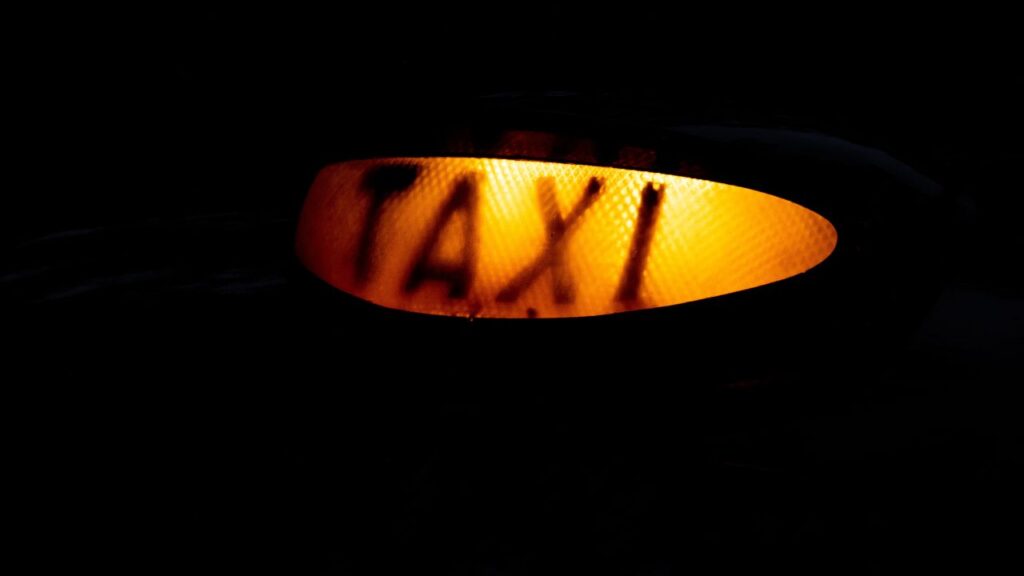
Be Aware of Long Routes: Some drivers might take unnecessarily long routes to increase the metered fare. Use a map or GPS app to track your route and ensure you’re headed in the right direction.
Use Reputable Taxi Services: Consider using established taxi companies or booking services, which are often more reliable than random street taxis.
Have Exact or Small Change: Some drivers may claim they don’t have a chance to try to keep the entire large note.
Alternative Transport: Consider using ride-sharing apps like Uber or Careem, which are operational in Egypt. They offer transparent pricing and can sometimes be more reliable than traditional taxis.
TripAdvisor has a list with reviews of the best taxis and Shuttles in Egypt.
Clear communication upfront can save you from overpaying or misunderstandings later on.
Photo Fees
In some places, people might demand money after you’ve taken a photo, even if they just happened to be in the background.
Taking photos can sometimes come with unexpected costs.
Awareness: Be alert when photographing in crowded places. Some locals might claim a fee if they’re captured in your shot, even unintentionally.
Ask First: If you want to photograph a specific person or shop, asking permission is polite. This can avoid misunderstandings later.
Background Check: Before clicking, quickly assess your surroundings to avoid capturing those who might demand payment.
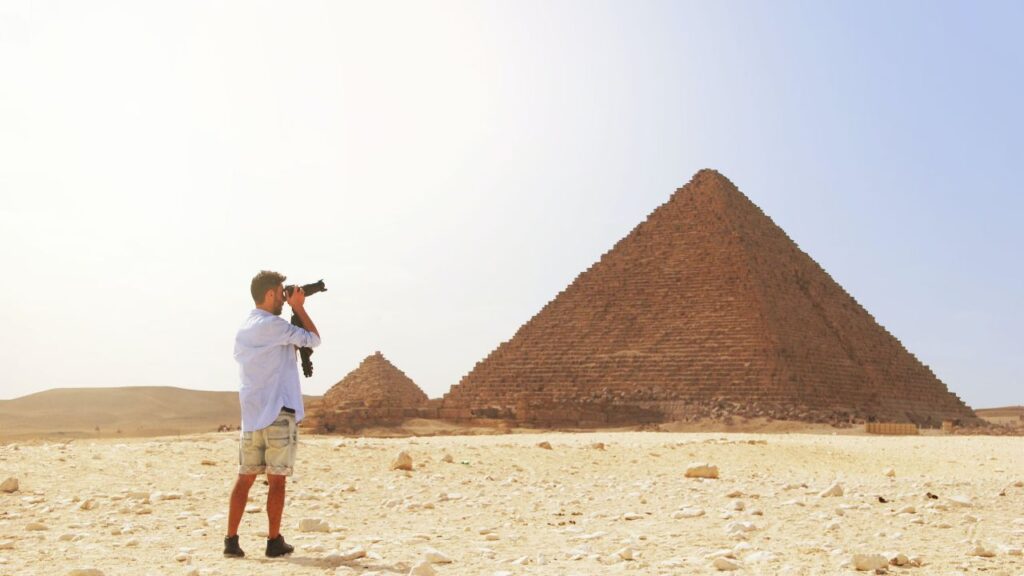
Staying vigilant and respectful can help you capture memories without any unwanted surprises.
Our Advice
Research in Advance: Familiarize yourself with popular tourist sites with official photo fees.
Keep Small Change: In places where photo fees are prevalent, having small denominations of Egyptian pounds on hand can be useful.
Stay Respectful: While some individuals might opportunistically seek payment, others might genuinely value their privacy.
Guided Tours: If you’re part of a guided tour, your guide will likely brief you on photo etiquette and fees. They can act as mediators in tricky situations and can offer clarity on what’s customary.
Switched Bills
When paying for something, be cautious that the recipient doesn’t switch out your larger denomination for a smaller one and then claim you gave them the wrong amount.
In certain situations, there’s a scam where a vendor or taxi driver might switch the larger bill you handed them for a smaller one and then claim you underpaid.
Watch Carefully: When handing over money, particularly larger bills, observe the recipient closely to ensure they don’t switch it.
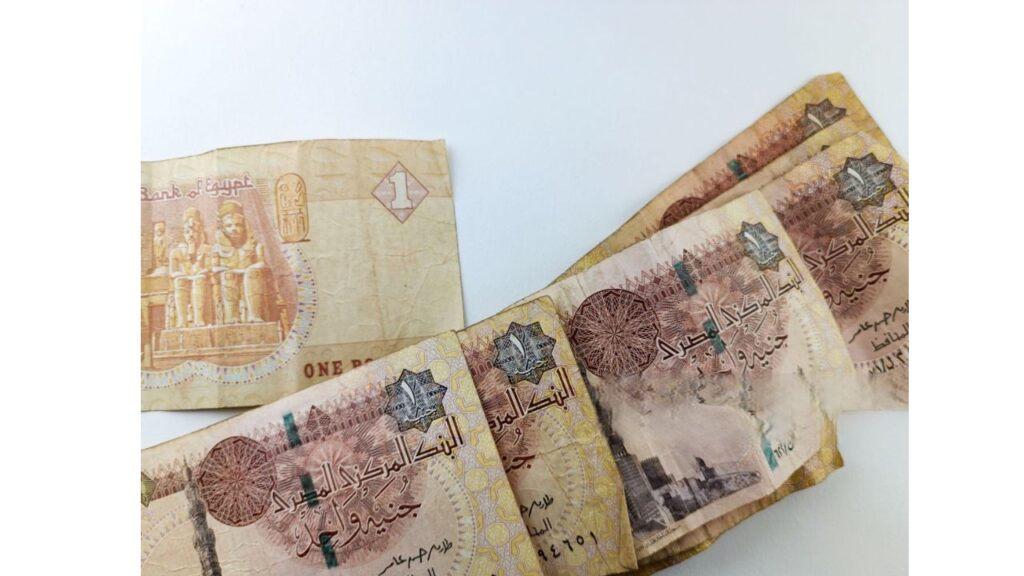
Verbal Confirmation: As you hand over your money, say the denomination out loud. For instance, “Here’s a 200-pound note.” This reduces the chances of a successful switch.
Stay Organized: Keep denominations separated in your wallet to identify and retrieve the exact amount easily.
Use Exact Change: When possible, pay the exact amount to reduce opportunities for such scams.
Travelers can minimize the risk of falling victim to this trick by staying vigilant and taking these precautions.
Friendship Gifts
Engaging with warm locals can be a highlight of your trip, but occasionally, someone might offer you a “friendship gift” that comes with strings attached.
Gifts Aren’t Always Free: While the item is presented as a gift, once you accept, the giver might aggressively demand payment or a “donation.”
Politely Decline: If you’re unsure about the giver’s intentions or feel pressured, it’s okay to decline the gift with a smile and a polite “no, thank you.”
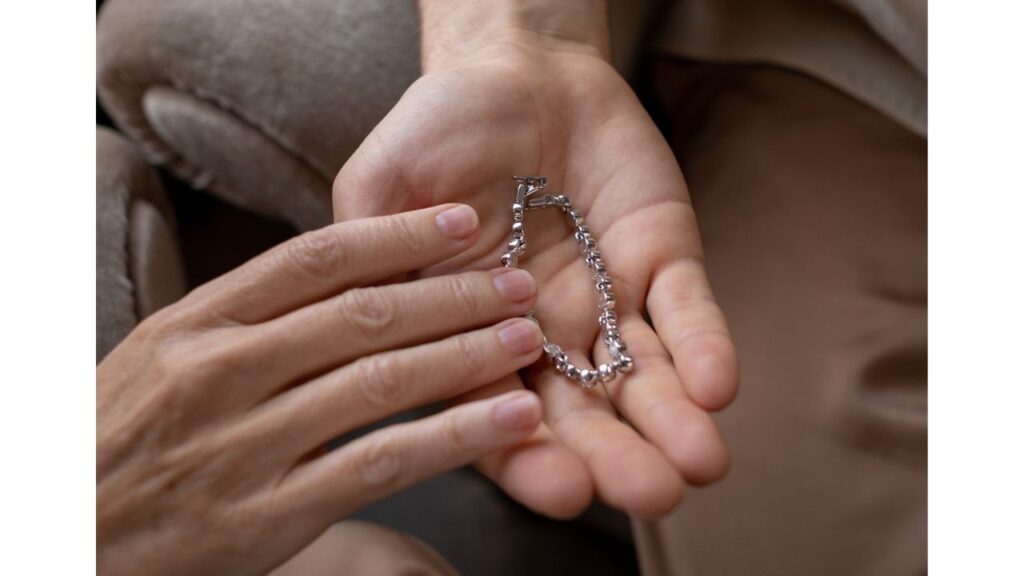
Trust Your Instincts: It probably is if something feels off or too good to be true. Trust your gut feeling in such situations.
Stay Informed: Familiarize yourself with common areas or situations where this might occur so you can be on guard.
Remember, genuine acts of kindness do exist, but it’s essential to differentiate them from potential scams to ensure your Egyptian experience remains positive.
Fake Tickets
Be wary of individuals selling tickets outside tourist attractions. Always purchase tickets from the official counter or booth.
Popular tourist destinations can sometimes attract scammers selling counterfeit or overpriced tickets.
Official Sources: Always buy tickets directly from the official counter or booth. Avoid purchasing from individuals outside attractions, no matter how persuasive they might be.
Research Prices: Familiarize yourself with official ticket prices in advance. This will help you recognize if you’re being overcharged or offered a fake.
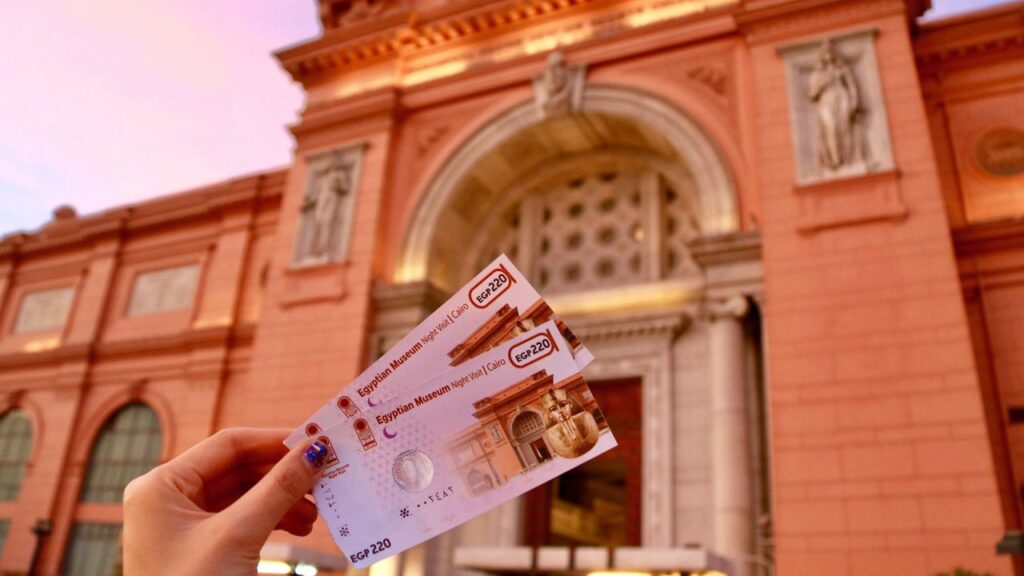
Check Authenticity: Genuine tickets often have security features like holograms, watermarks, or official stamps. Familiarize yourself with these if possible.
Guided Tours: If you’re part of a guided tour, your guide will typically handle ticket purchases, ensuring authenticity.
Travelers can enjoy Egypt’s attractions by staying informed and purchasing only from official sources without falling prey to ticket scams.
Temple Scams in Egypt
At certain temples or tombs, guards might offer to show you a “secret” room or view, only to demand a tip afterward.
“Secret” Areas: At some temples or tombs, guards or unofficial guides might approach you, enticing you with the promise of a “hidden” chamber or a special viewpoint not commonly accessible to tourists.
Tip Expectations: After showing you this “secret” area, they might demand a tip, sometimes aggressively, claiming it’s for the special access they provided.
Unauthorized Access: In some cases, the areas they show might not be public for preservation reasons. Entering these areas could be disrespectful or potentially get you in trouble.
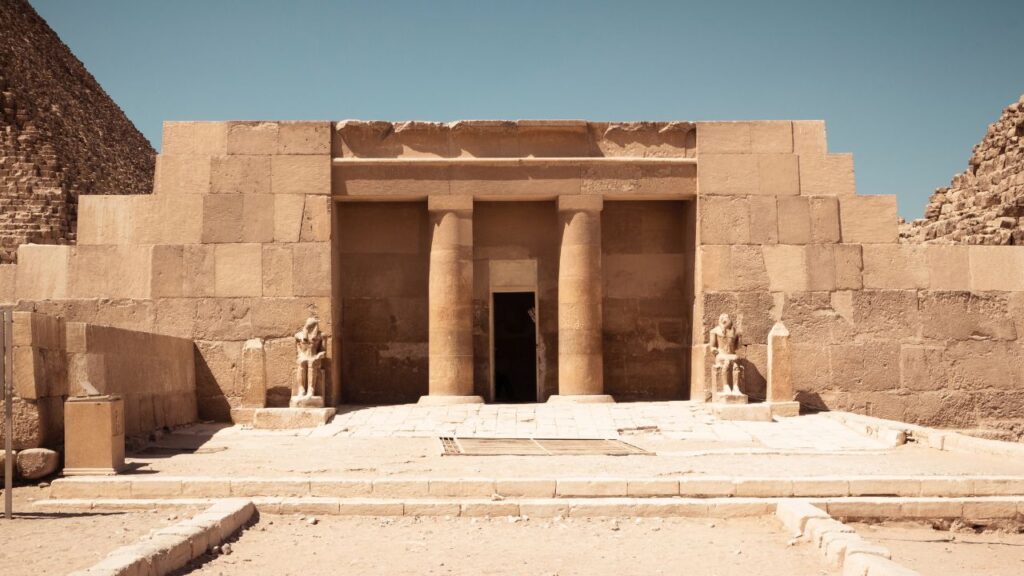
To avoid these scams
- Stick to designated paths and areas unless accompanied by an official guide or part of a recognized tour group.
- Politely decline offers from anyone who isn’t an official guide or part of your tour.
- If you’re interested in seeing more than what’s typically available to the public, inquire with official temple authorities or book a specialized tour.
- Familiarize yourself with the temple layout from brochures or maps. This helps you know which areas are standard for visitors.
Fake Entry Fees
People outside minor attractions might claim an entry fee, even when there isn’t one.
Navigating Egypt’s myriad of attractions sometimes involves encounters with opportunistic individuals.
Unofficial Collectors: At less popular or minor sites, you might come across individuals asserting that there’s an entry fee. They might set up makeshift booths or approach visitors.
Inconsistencies: The supposed “fees” they charge might vary, and they might not provide any official receipt or ticket in return.
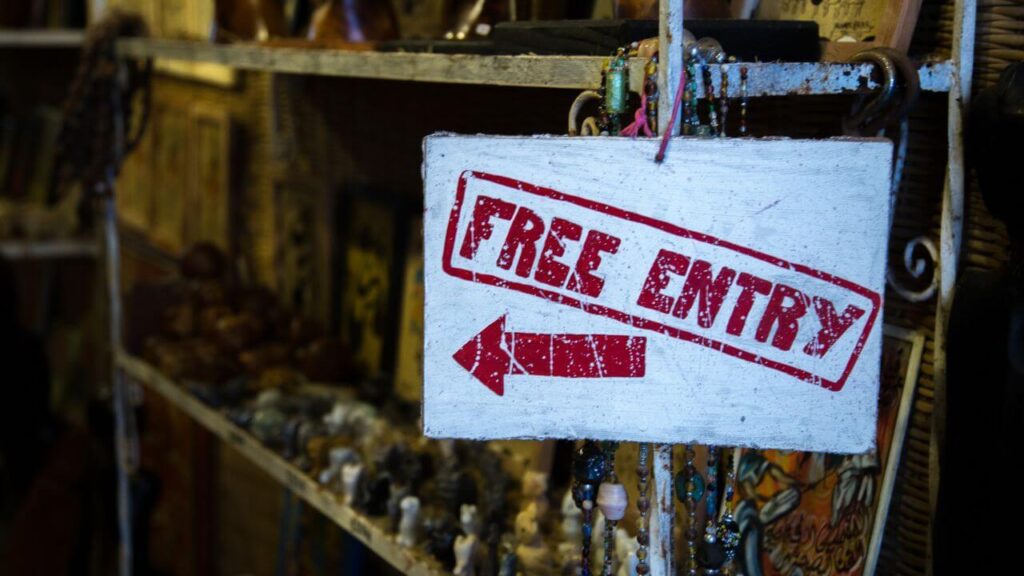
To avoid these common scams in Egypt:
Research in Advance: Before visiting, check if there’s an official entry fee for the site.
Look for Authenticity: Genuine ticket booths usually have official signage and provide tickets or receipts upon payment.
Ask Around: Check with other tourists or consult with local guides or authorities if in doubt.
Be Firm: If you suspect a scam, politely decline and move on. If there’s a genuine fee, there will be an official ticket counter or booth nearby.
Ferry Scams
If taking a ferry across the Nile, always use official ferry services. Unofficial boat owners might charge you multiple times during the journey, each time for a different reason.
Crossing the majestic Nile can be a memorable experience, but it’s essential to be cautious about which service you choose.
Unofficial Operators: Some unofficial or unlicensed boat operators might lure tourists with seemingly lucrative deals or picturesque routes.
Multiple Charges: Once on board, they might demand payment several times, each for a different purported reason – from “taxes” to “fuel charges” or even for “preferred seating.”

To avoid these scams:
Use Official Services: Always opt for recognized and official ferry services, which have fixed rates and standardized routes.
Agree on the Price: Before boarding, ensure that the total fare is agreed upon to prevent unexpected additional charges.
Research: Familiarize yourself with the general cost and practices of ferry services in the area.
Avoid Isolated Spots: Stick to well-frequented boarding points where you can observe local practices and prices.
In the Markets in Egypt
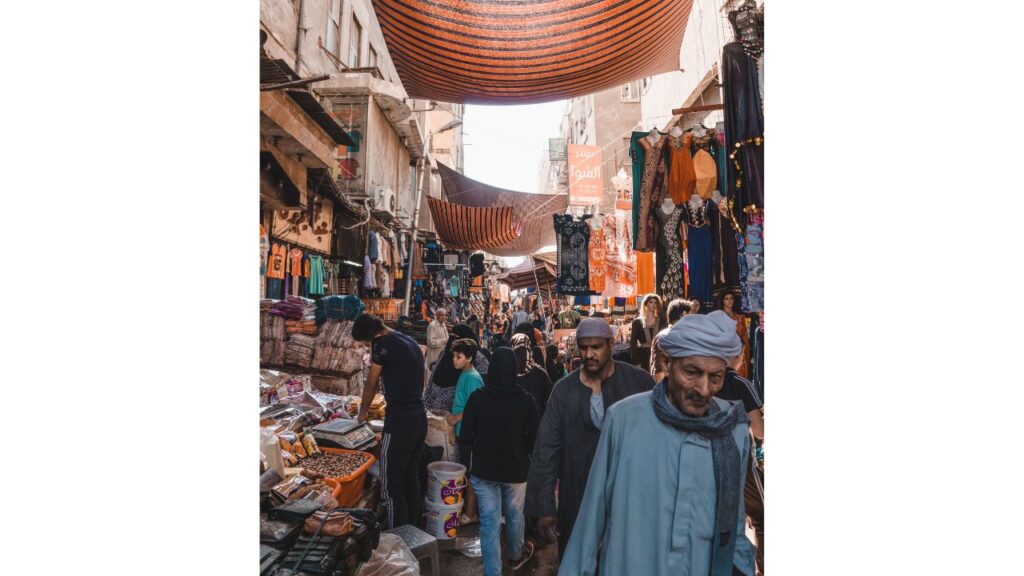
Overpriced Goods
Some vendors might quote much higher prices for goods to tourists. It’s always a good idea to bargain and to have an idea of the local prices beforehand.
In tourist-heavy areas, vendors often inflate prices, expecting tourists to haggle.
Tourist Markup: Prices quoted initially can be several times the actual value, especially in bazaars and street stalls.
Bargaining: Haggling is not only acceptable but often expected. Starting at about half the quoted price and negotiating from there is common practice.
Research: Before making purchases, especially larger ones, get an idea of local prices. Asking hotel staff or observing what locals pay can be insightful.
In a nutshell, don’t accept the first price. Enjoy the art of bargaining, and do some homework to ensure you’re getting a fair deal.
Perfume Scams
Some shops, especially in tourist areas, will claim to sell “pure” Egyptian essential oils or perfumes. They might even demonstrate the purity by showing that it doesn’t stain on paper. However, the product sold might need to be more genuine.

Egypt’s reputation for exquisite perfumes sometimes attracts scams, especially targeting tourists.
Questionable Purity: While demonstrations, like the non-staining on paper, may seem convincing, they aren’t foolproof indicators of genuine, high-quality essential oils.
High-Pressure Sales: Some shops might employ aggressive sales tactics, showcasing impressive but misleading demonstrations to convince you of the product’s authenticity.
Huge Price Variations: The cost might be excessively high for adulterated or diluted oils, especially when compared to genuine products.
To avoid these scams:
- Research in advance and consider buying from reputable shops or sellers recommended by trusted sources, such as guidebooks or hotel concierges.
- Familiarize yourself with the typical price range for genuine products to avoid overpaying.
- Trust your senses. If the scent doesn’t last or seems off, it might not be genuine.
- Avoid impulse buys. Take your time, and if uncertain, consider coming back later or skipping the purchase.
Fake Antiquities
Some street vendors might claim to have genuine ancient artifacts for sale. Not only are these usually fake, but purchasing real antiquities (even if you were to find one somehow) and taking them out of Egypt is illegal.
The allure of Egypt’s rich history might tempt tourists with offers of “authentic” artifacts.
Too Good To Be True: Street vendors might showcase items that they claim are genuine ancient artifacts. Most often, these are clever reproductions.
Legal Implications: Buying real antiquities, if somehow you stumble upon one, is not just a matter of authenticity. Removing genuine artifacts from Egypt is illegal and can result in severe penalties, including fines or imprisonment.
Vendor Stories: Some sellers might spin captivating tales of the item’s origin to convince you of its authenticity.
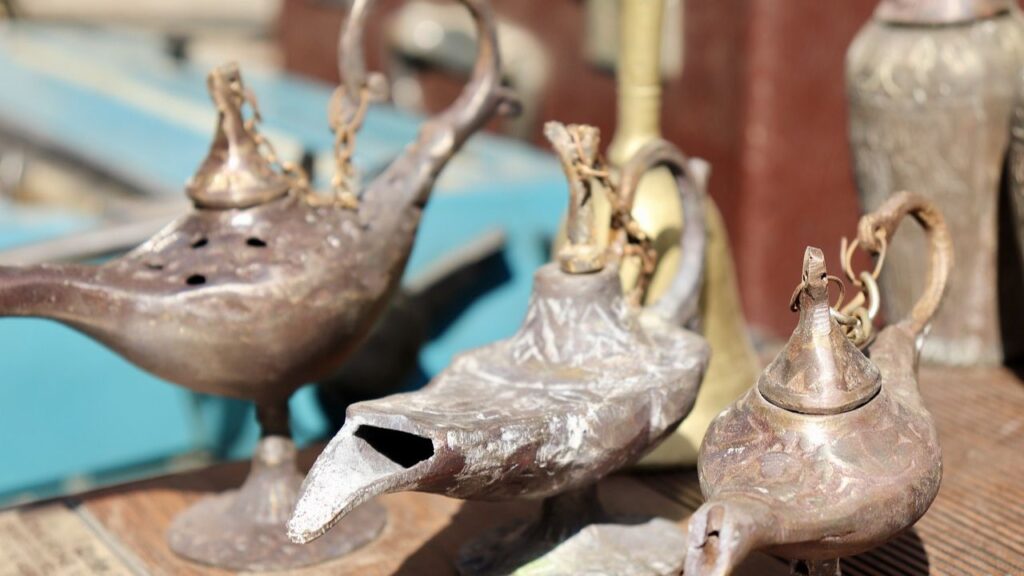
To avoid these scams:
- Remember that legitimate antiquities are rarely sold on the streets. They belong in museums or are safeguarded by the state.
- If you’re interested in historical items, consider buying certified replicas from reputable shops, which are legal and often of high quality.
- Always be skeptical of any backstory provided by street vendors. An elaborate history doesn’t guarantee authenticity.
- Familiarize yourself with common fakes in the market so you recognize potential scams.
Spice Scams
In markets, vendors might try to sell “unique” Egyptian spices at exorbitant prices, which are neither unique nor worth the asking price.
Egypt’s markets, brimming with aromatic spices, can sometimes be a hotspot for overpriced or misrepresented products.
Exaggerated Uniqueness: Some vendors might tout their spices as rare or exclusive to Egypt when, in reality, they are commonly available and might even be found in your home country.
Inflated Pricing: Tourists can sometimes be quoted prices that are multiple times the actual local value of the spice.
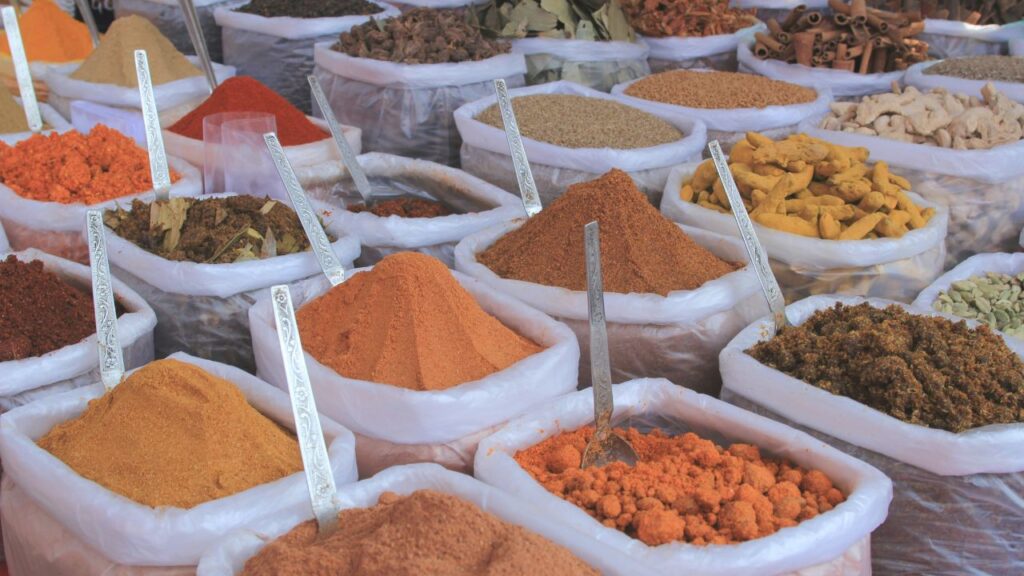
To avoid these scams:
Research and Compare: Familiarize yourself with the average prices of spices in the area before making a purchase.
Bargain: Bargaining is common in Egyptian markets. Don’t hesitate to negotiate the price or walk away if it feels too high.
Purchase from Reputable Sellers: Consider buying from established shops or vendors recommended by local guides, hotel staff, or fellow travelers.
Question Rarity: If a spice is claimed to be unique or rare, verify its authenticity and value before buying.
How to avoid the general scams in Egypt
Navigating a foreign country can sometimes bring challenges, but with a little know-how, you can avoid potential scams.
Always Ask in Advance: Before availing of any service or buying an item, inquire about the price. This ensures that both parties have clear expectations and reduces the chance of disagreements later.
Beware of Unsolicited Advice: If you didn’t seek help, be cautious of those offering unsolicited services or guidance on the streets. While some might genuinely want to help, others could be looking for a quick way to make money.
Buy Your Own Tickets: Whether it’s for an attraction, train, or bus, always buy tickets directly from the official counter or booth. This ensures you pay the correct price and get a legitimate ticket.
Use Public Transport: Public transportation in Egypt is considerably cheaper than taxis or private hires. Buses and trains are a good way to travel and offer a more authentic local experience. However, be aware of pickpockets in crowded areas.

Assertive Refusals: If you’re not interested in a service or product, decline with confidence. A firm “No, thank you” in Arabic – “La, Shukran” – can be more effective.
Limit Eye Contact: Avoiding prolonged eye contact with local vendors or touts can deter persistent selling tactics. It signals you’re not interested without verbal communication.
Hire a Tour Guide: Investing in a reputable tour guide can enrich your experience and act as a deterrent against potential scammers. Guides are familiar with local customs and prices and can often get you better deals.
Useful Tips to Know Every Traveler in Egypt
Visiting the Pyramids: While it’s true that the pyramids can be viewed from the outside at any time, the interior and surrounding complex have specific opening hours. Always check in advance to ensure you can access all the areas you wish to explore.
Homeless Children: Encounters with homeless children can be heart-wrenching. While they often ask for money, carrying small denominations or some candies is a good practice. Remember, giving out large amounts might attract crowds or unwanted attention.
Dress Modestly: Respecting local customs and dressing modestly, especially when visiting religious sites, is crucial. For women, a scarf for covering the head can be handy, and clothing that covers the shoulders and knees is recommended for both men and women.
Stay Hydrated: Egypt’s climate can be intensely hot, particularly during the summer months. Always carry a bottle of water to keep yourself hydrated.
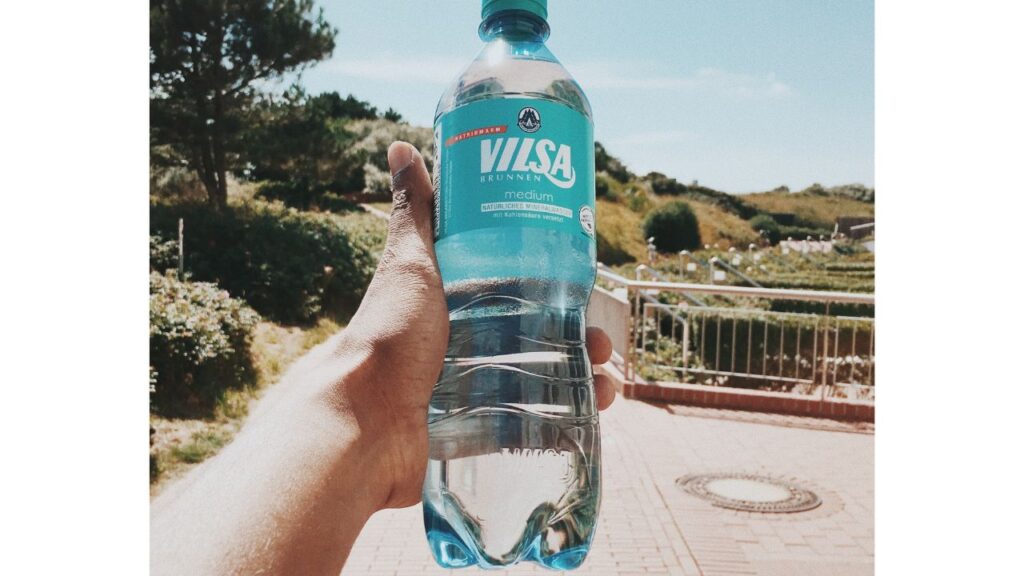
Use Trusted Tour Operators: Always choose recognized and reputable tour operators if you book tours, especially for desert safaris or Nile cruises. This ensures both safety and a quality experience.
Learn Basic Arabic Phrases: While many Egyptians in tourist areas speak English, knowing a few basic Arabic phrases can be helpful and is always appreciated. Simple greetings like “Salam” (Hello) and “Shukran” (Thank you) can go a long way.
In Egyptian Arabic, “No” is “لا” which is pronounced as “La.”
“No, thank you” is “لا، شكرًا” which is pronounced as “La, Shukran.”
Beware of Traffic: Cairo, in particular, is known for its chaotic traffic. Always be cautious when crossing the streets; if in doubt, observe how locals navigate.
Currency: While major tourist spots accept credit cards, having some Egyptian pounds in cash is advisable for smaller establishments, tipping, and markets.
We have a complete guide on Things to know before traveling to Egypt. To avoid common scams in Egypt, we advise you to learn everything you can before venturing into this amazing land teeming with history and awe-inspiring sites.
Going with a travel guide is highly recommended to make the most of your journey. They provide valuable insights into the history and significance of each site and help navigate the local customs, traditions, and potential pitfalls. Traveling with a guide ensures that you see the best of what Egypt has to offer, from hidden gems to the most famous landmarks, all while gaining a deeper understanding of its rich heritage.
Furthermore, a guide can assist with logistical aspects of the trip, from recommending authentic local eateries to helping with transportation arrangements and ensuring that you’re getting fair prices in bustling markets.
In short, while Egypt is a treasure trove waiting to be explored, having a knowledgeable companion by your side can elevate your experience from memorable to truly unforgettable. Dive into our comprehensive guide on common scams in Egypt and arm yourself with all the essential knowledge to make your Egyptian adventure as enriching as possible.


